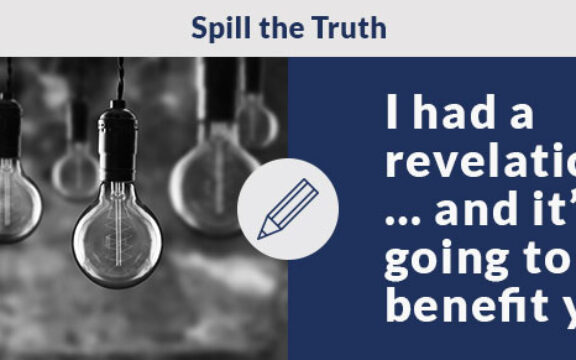Persuasive language isn’t just for high-pressure sales people. As I mentioned in this NBC news interview, we all need to communicate with influence to get what we want. For some of you, that may be a meeting with a tough-to-pin-down prospect or assistance from a busy colleague. I read with great interest an Inc. article that looked at the science behind persuasion. A clinical psychologist offered seven tips for getting what you want. I agree with five of those tips. While there may be science behind the other two, they can be downright dangerous to your reputation.
Clinical psychologist Jephtha Tausig-Edwards reviewed research to come up with her seven tips. I’ve spent decades helping professionals use effective communication to get what they want, so I considered how her tips would work in the professional workplace as well as how they affect your character.
I agree with these five tips:
- Use a personal note. This is excellent advice. Your personal note doesn’t need to be lengthy. A simple, “I need your help” or “Can you do me a small favor” may be all you need to get what you want.
- Be up front with your request. Absolutely. That’s why I say “Spill the Truth”. You should always address the elephant in the room.
- Use the right words. I couldn’t agree more. According to the article, “Researchers in the United Kingdom found that language matters when it comes to making requests.” That’s why many of my clients depend on my ghost writing service when crafting persuasive messages.
- Remind the person he or she can always say ‘no’. This is one of my most successful ‘yes’ tactics. Nobody wants to feel like they are being held hostage. When you give people an out, they’re more likely to comply.
- Focus on what the other person will gain. Yes, this is true. But be sure to back this up with evidence (the proof points in your copy bible). Demonstrating how others in a similar situation have benefited can really help you get what you want.
I don’t agree with these tips:
- Use guilt to your advantage. The article referenced a Stanford study which showed that people feel uncomfortable repeatedly denying the same person. While this may be true, professionals should avoid this tactic. If you request is beneficial and you are authentic about the impact it will have, you can get your ‘yes’ through persistence, rather than through guilt. Focusing on negative emotions or trying to coerce people may damage your reputation.
- Appropriate physical touch may help. I’m not a fan of this. There’s just too much uncertainty here. My suggestion: Make use of your words to get what you want.







